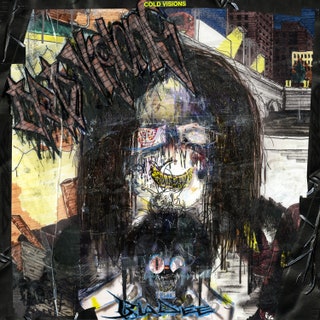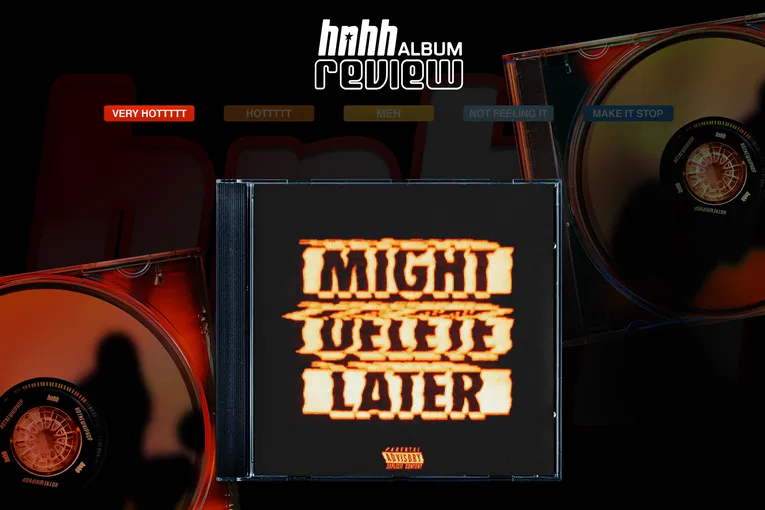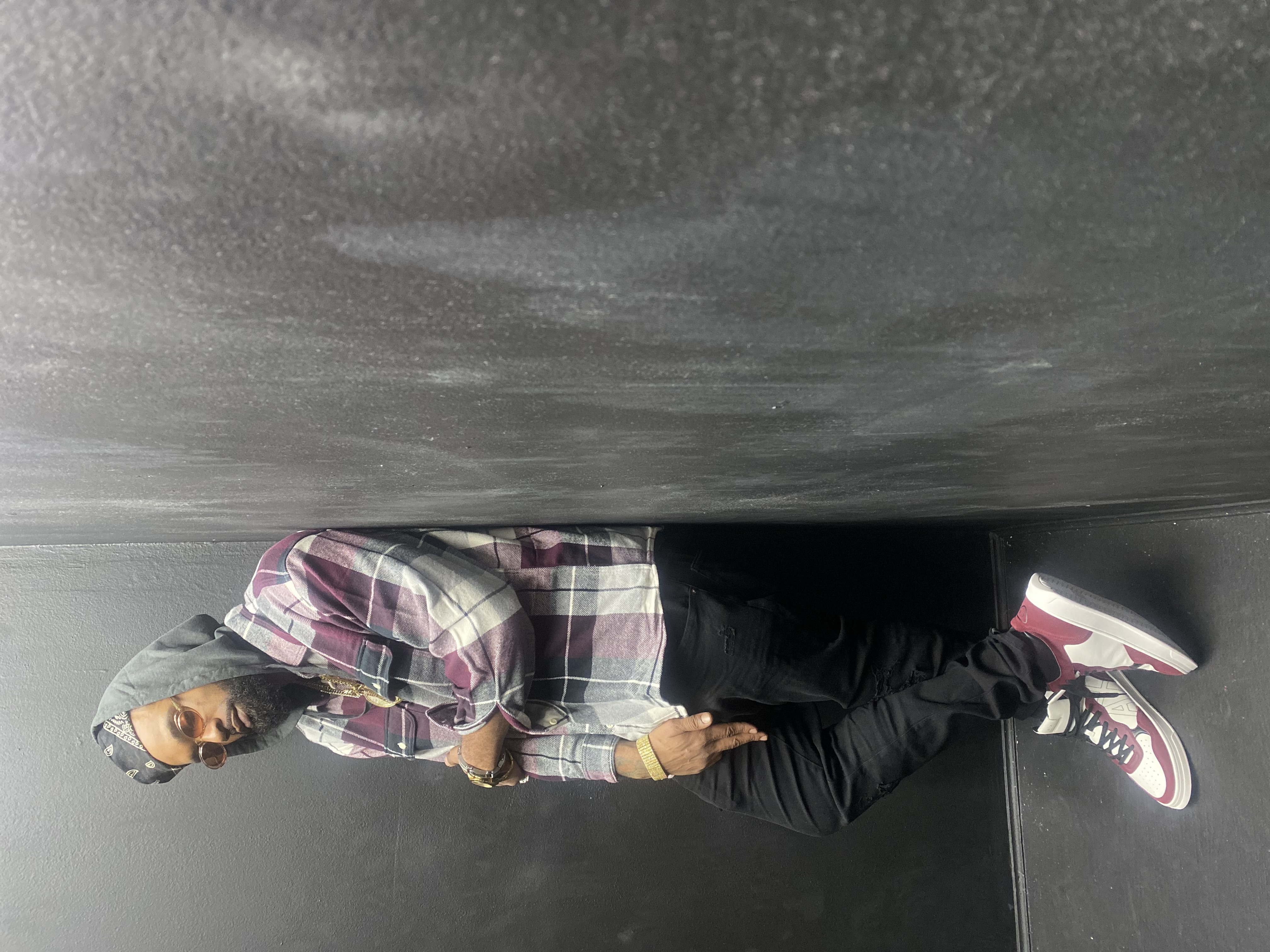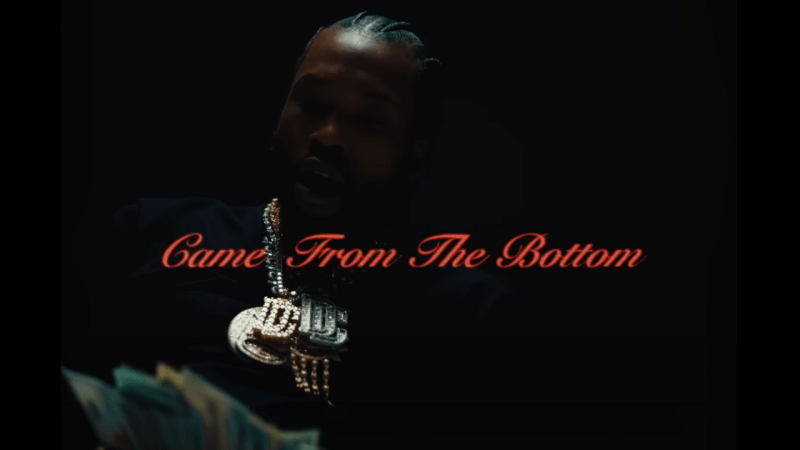At the end of this month, Rhino will issue Soul Manifesto 1964-1970, a new box set featuring studio, live and posthumous albums from the period. Rock’s Backpages revisits this interview with the soul giant from Melody Maker on 17 September 1966
Otis Redding is unbelievably cool. Or is it just travel weariness? Who knows? When he landed on English soil last week to introduce himself and prepare the ground for his forthcoming tour, he’d been flying about all day and hadn’t had too much sleep.
However, it was surprising to discover that the soul king from Volt Records in Memphis, Tennessee, has a quiet mood. After records such as (I Can’t Get No) Satisfaction and his storming new one I Can’t Turn You Loose – full of “hup”s, “whoa”s and “keepin’ on keepin’ on”s all sung in that gravelly, strangulated style – it was an unexpected pleasure to be greeted by this gentle gentleman at his London reception last week.
Was he happy to be visiting and working in Britain? “I’m happy,” came the cool answer from Otis, perched on the bar stool contemplating his whisky glass. “I don’t move out of the States too much. I only usually make Nassau and Jamaica. I have a lot of work in the States, which doesn’t give me much time.”
In fact, Redding’s work is centred in the town of Memphis. He is signed to Volt Records – a small company who handle only Otis and the group the Mad Lads – and he records with that very select band of musicians who hail from the Stax studios, led by guitarist Steve Cropper.
“Yes, I guess it is a bit like a clique,” smiled the great Redding. “We always have the same guys on the recordings. We don’t have contract trouble like you do here. I always have Steve Cropper on guitar; Al Jackson on drums – he’s too much; then a guy called Duck on bass guitar; and Isaac Hayes, who does the arrangements for Sam and Dave, plays piano.
“Of course, these guys only play sessions, they don’t do so many gigs. I travel around with my own band – the guys I’ve brought to England with me. In the US it’s usually a 12-piece or sometimes a 14-piece.

“I must apologise right now,” said Otis, “that I’ve only been able to bring nine with me to Britain, mainly because of the tremendous cost involved. There’s drums, guitar, and bass plus six horns.”
Somewhat surprisingly, Otis’ favourite singer at the moment is Bob Dylan. He was quick to sing Dylan’s praises: “Yes, I like Dylan – he’s my favourite singer now. I love the Rolling Stones as well.
“Bobby is the greatest, though. He gave me Just Like a Woman to make as a record, y’know. But I didn’t do it because I just didn’t feel it. Mind you, I dig his work like mad.”
Redding himself is a prominent composer and several of his numbers have become big successes, such as I’ve Been Loving You Too Long. How does he look upon his composing?
“Well, it’s just like the recording scene. Look, I’ll tell you what happens, OK,” said Redding genially, “we all get up and down to the studios at 12, midday and work through until nine in the evening. All the songwriting is done in the studio.
“We don’t get it prepared outside beforehand, no. Then we quit. Go home and relax and sleep. Everybody has a good think about the things they’ve been doing and then comes back the next day at 12 – always at 12 – fresh and with a lot of new ideas. That’s it.”
And with that, Redding was whipped away by a deluge of photographers and journalists. Many have yet to witness the powerful sound and act of Redding and his band. Tomorrow (Friday) he storms the Ready, Steady, Go! studios for a vocal battle with Eric Burdon and Chris Farlowe. Truly a battle of the soul giants.







.png)






